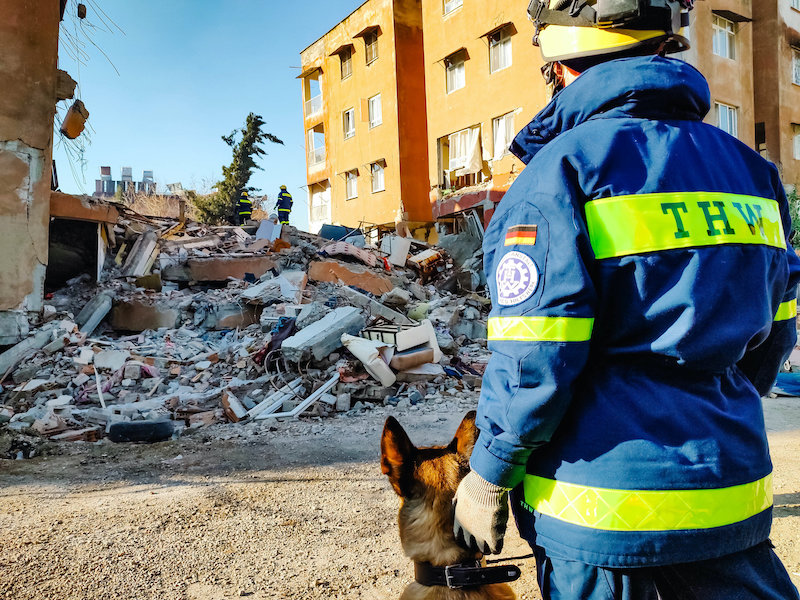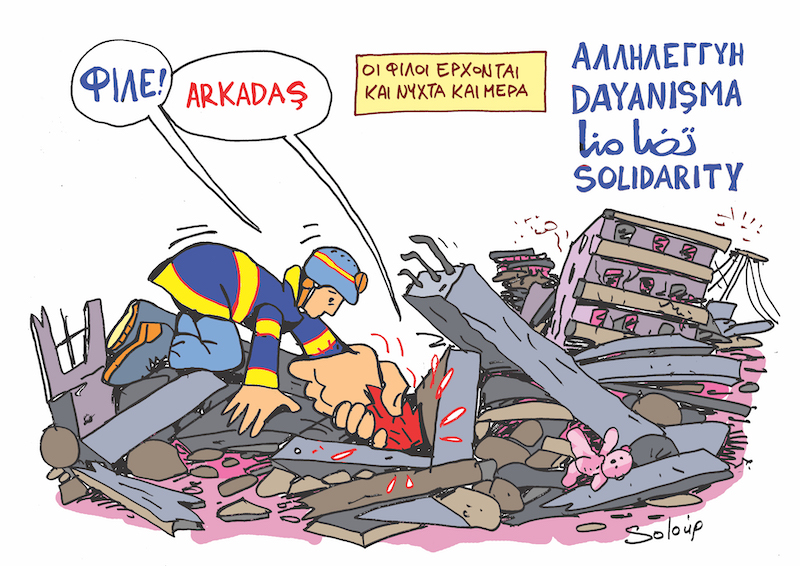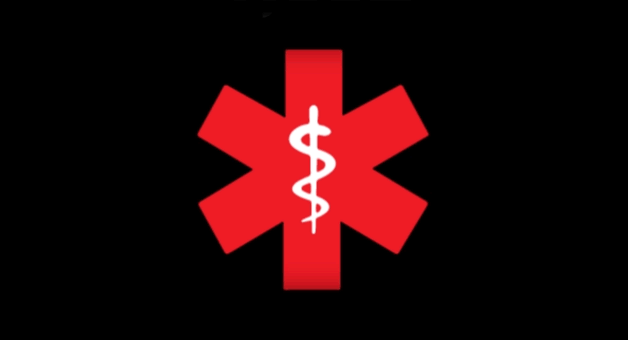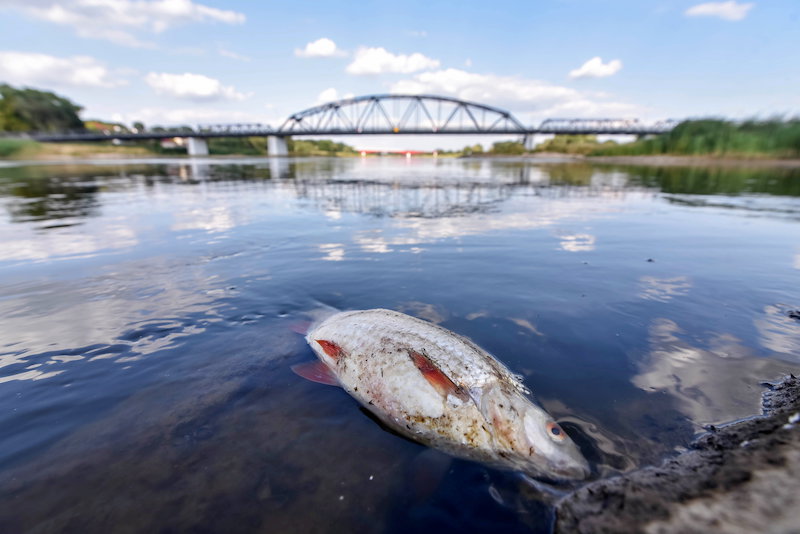Austerity is over in Germany! Two hundred billion Euro for reining in wild inflation and energy prices, another hundred billion for gearing up the military, and … 2.7 billion for humanitarian aid in 2023?
What seems like a drizzle compared to other recent money showers is actually the world’s second-largest budget for global crisis and disaster relief, trailing only behind the United States. But while putting money on the table can be important, Germany glosses over one simple fact: that quantity doesn’t always equal quality.
Relief en masse
Germany’s budget for international humanitarian aid makes even the European Commission pale in comparison. But what the country needs is the organisational structure to put its money where somebody else’s mouth is. Instead, much of it is shoved into large organisations. “Help has to become a lot more localised,” criticised Ralf Südhoff, who heads the Centre for Humanitarian Action, a Berlin-based think tank.
Ironically, this centralised trend is almost reversed within Germany itself. While the federal government is tasked with protecting its people in times of crisis, each of Germany’s sixteen states has its own relief services for natural disasters, 90 percent of which is run by trained volunteers. What they lack is funding and coordination, both between states and within the federal hierarchy.
History lessons
When in July 2021, the Ahr valley in Germany’s southwest suffered a devastating flood, push came to shove: more than 130 people died, because local authorities misinterpreted warning signs and issued evacuation orders too late. The area is prone to flooding, but history, too, was disregarded. Human lives could’ve been saved, had the state taken the existential threat of natural disasters seriously.
Unfortunately, little has improved since. Warning sirens remain underfunded, joint protocols have hardly been established, and climate change issues still aren’t front and centre.
When Karl Marx wrote his Eighteenth Brumaire of Louis Bonaparte, he claimed that great historic events tend to repeat themselves: first as tragedy, then as farce. Tragedy has already happened in Germany. The farce is to believe we’ll heed the siren’s call next time.






